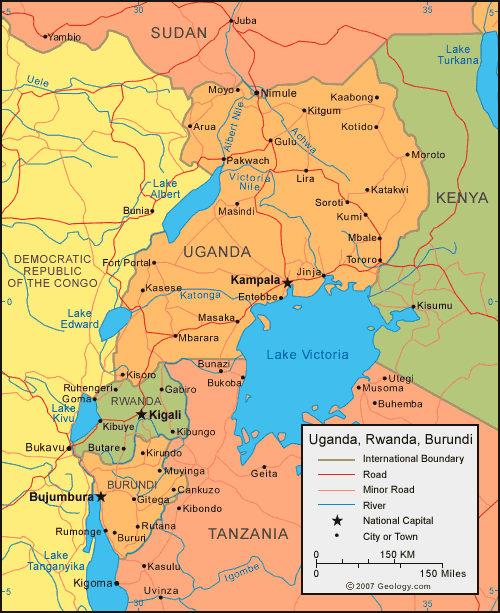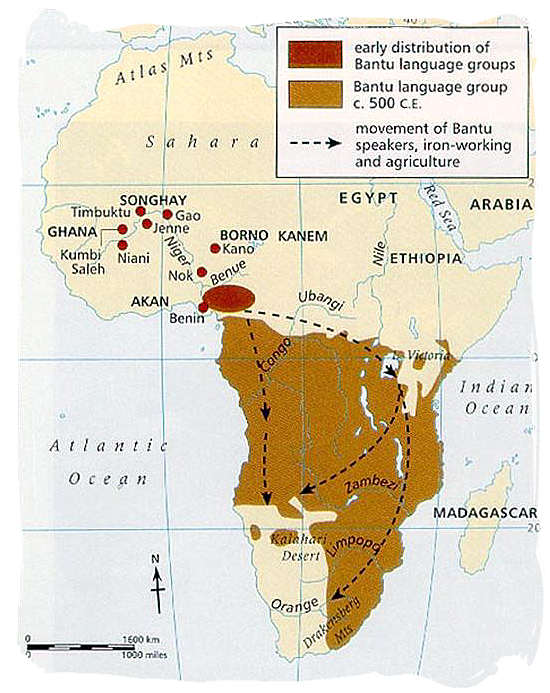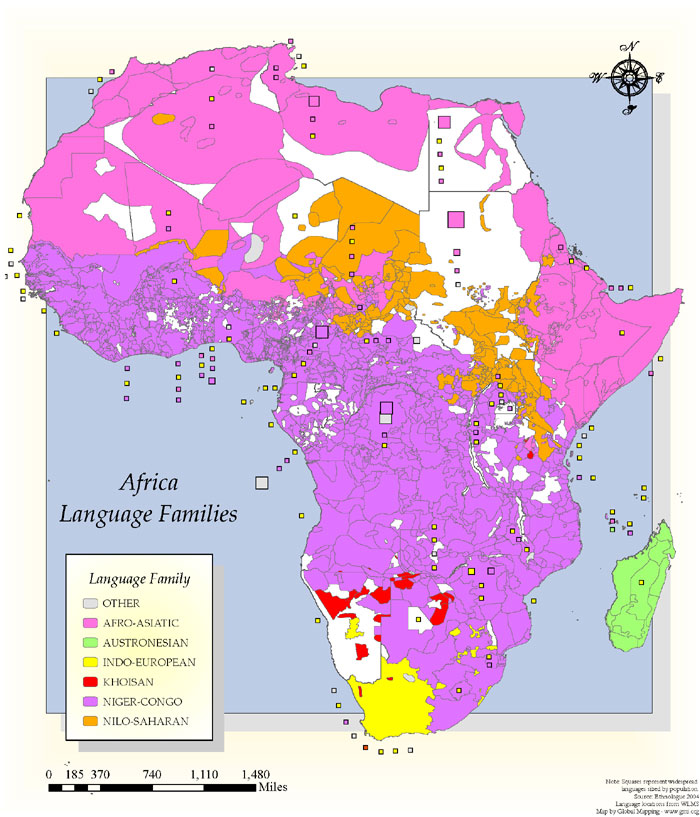I. April – July 1994: Synopsis
April 6, 1994: Assassination of President Juvénal Habyarimana
"100 Days" of "Hutu Power"
Not in secret | abundance of evidence
UNAMIR
RTML Transcripts
II. What is genocide?
Origin and definition of the term
Raphael Lemkin, Axis Rule in Occupied Europe, 1944
UN Convention on the Prevention and Punishment of the Crime of Genocide, 1948
Peace Pledge Union | comparative modern genocide
III. Why this display of violence & inhumanity in Rwanda?


4 major language + culture groups
- Afro-Asiatic
- Niger-Congo
- Nilo-Saharan
- Khoisan
"Hamitic Myth"

More recent approaches to African history
- language evidence
- oral tradition
- archaeology
- archival/documentary sources
Common features of African kingship
Abridged timeline
19th C: Mwami Rwabuguiri
1893-94: Count Gustav Adolf von Götzen
1905-07: Maji Maji war in Tanganykia
1916: League of Nations Mandate
1959: Hutu Emancipation Movement
1959: attempted assassination of Grégoire Kayibanda
1960: Belgian-organized elections / end of Tutsi monarchy
1961: referendum / Kayibanda elected PM / Parmehutu political party
1962: Full independence
1963: Rwanda-Burundi economic union dissolved
1973: coup; Defense Minister Juvénal Habyarimana / National Revolutionary Movement for Development (MRND)
1981-1986: Ugandan Civil War
1990-1993: Rwandan Civil War
V. "Western" understandings of "Africa"
VI. Race, class and identity intertwined
Raphael Lemkin, Axis Rule in Occupied Europe (1944)
“By ‘genocide’ we mean the destruction of a nation or of an ethnic group. This new word, coined by the author to denote an old practice in its modern development, is made from the ancient Greek word genos (race, tribe) and the Latin cide (killing)…. Generally speaking, genocide does not necessarily mean the immediate destruction of a nation, except when accomplished by mass killings of all members of a nation. It is intended rather to signify a coordinated plan of different actions aiming at the destruction of essential foundations of the life of national groups, with the aim of annihilating the groups themselves. Genocide is directed against the national group as an entity, and the actions involved are directed against individuals, not in their individual capacity, but as members of the national group” (80).
Select Bibliography
Chrétien, Jean-Pierre. The Great Lakes of Africa: Two Thousand Years of History. New York; Cambridge, Mass: Zone Books ; Distributed by MIT Press, 2003.
Dallaire, Roméo. Shake Hands with the Devil: The Failure of Humanity in Rwanda. Reprint. Da Capo Press, 2004.
Gourevitch, Philip. We Wish to Inform You That Tomorrow We Will Be Killed with Our Families: Stories from Rwanda. Picador, 1999.
Hatzfeld, Jean. Life Laid Bare: The Survivors in Rwanda Speak. New York: Other Press, 2006.
Keane, Fergal. Season of Blood: A Rwandan Journey. London; New York: Viking, 1995.
Klieman, Kairn A. The Pygmies Were Our Compass. Heinemann, 2003.
Mamdani, Mahmood. When Victims Become Killers: Colonialism, Nativism, and the Genocide in Rwanda. Princeton, N.J.: Princeton University Press, 2001.
Newbury, Catharine. “Ethnicity and the Politics of History in Rwanda.” Africa Today 45, no. 1 (January 1, 1998): 7–24.
———. The Cohesion of Oppression: Clientship and Ethnicity in Rwanda, 1860-1960. New York: Columbia University Press, 1988.
Newbury, David S. The Land Beyond the Mists: Essays on Identity and Authority in Precolonial Congo and Rwanda. Athens: Ohio University Press, 2009.
Schoenbrun, David L. A Green Place, A Good Place: Agrarian Change and Social Identity in the Great Lakes Region to the 15th Century. Heinemann, 1998.